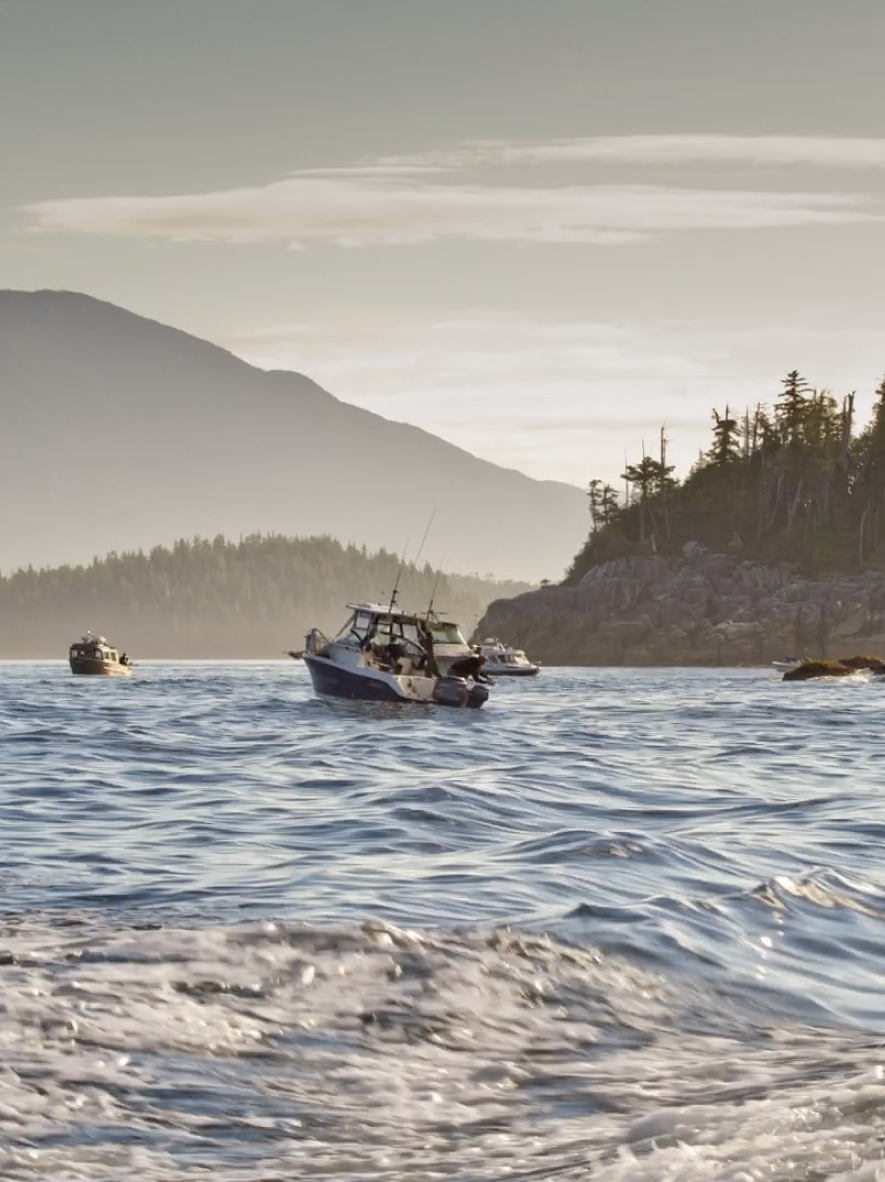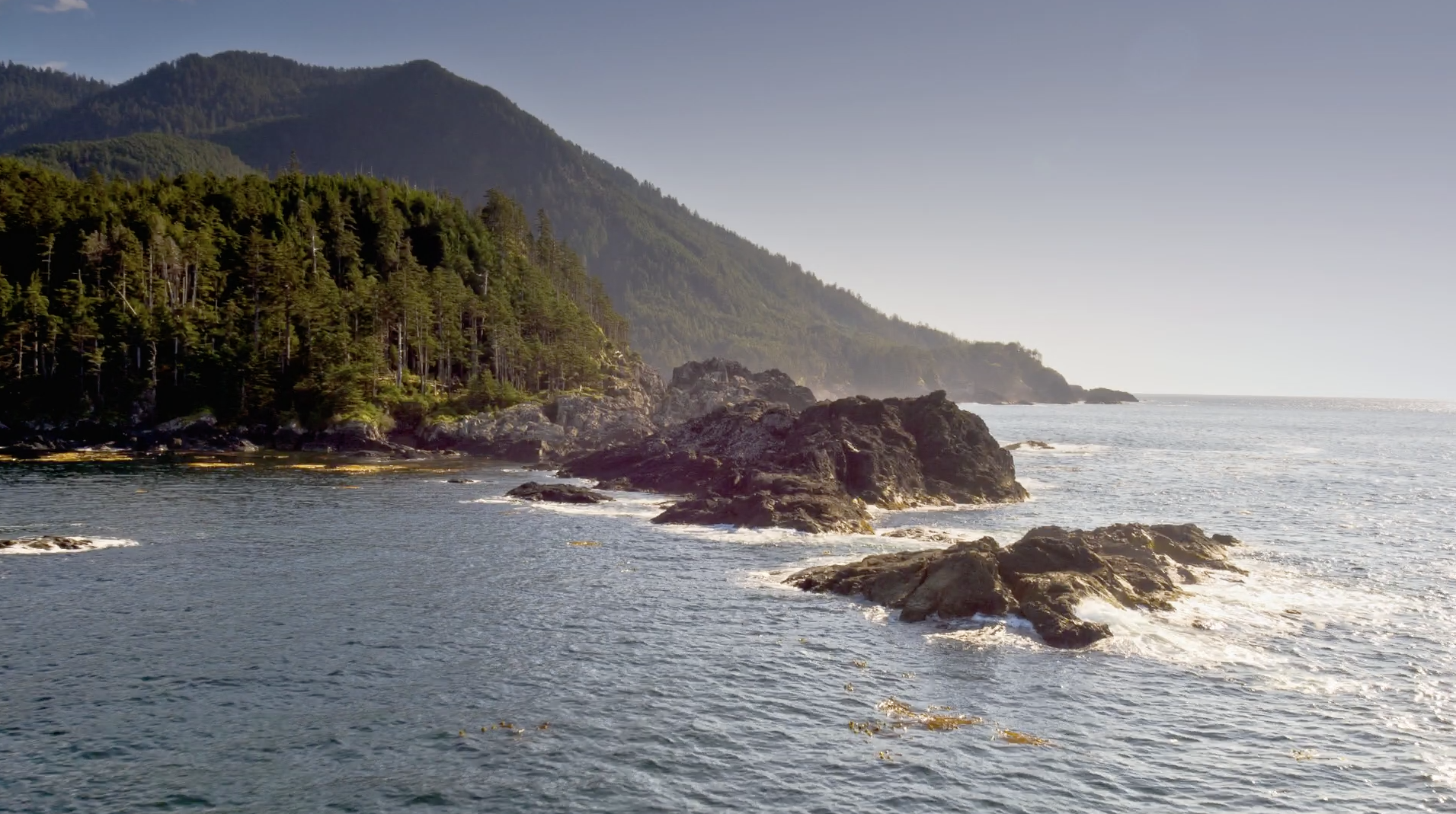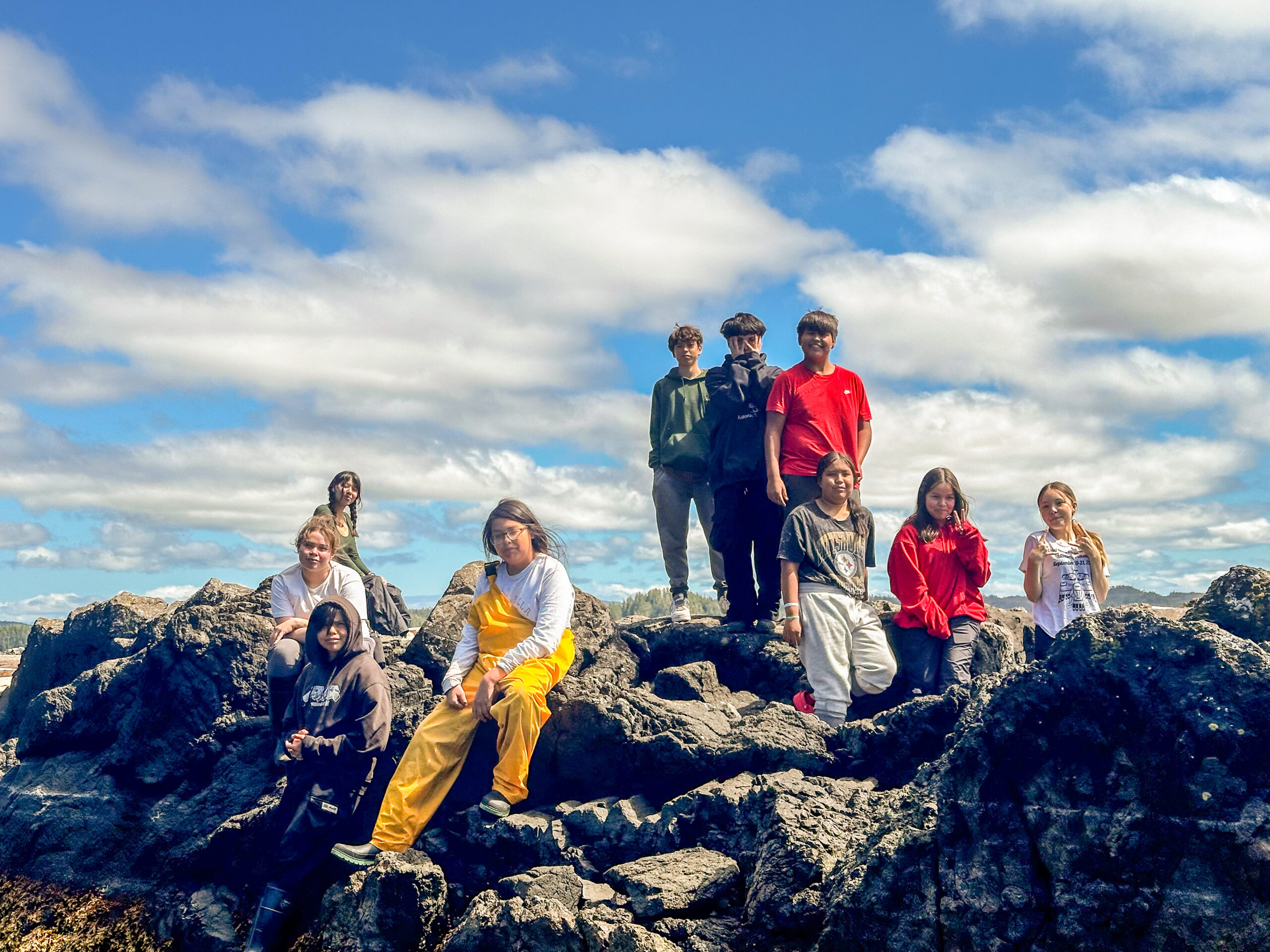MaPPing the way forward for ocean jobs and protection http://bit.ly/1J3Xde2
The recent toxic fuel spill that closed Vancouver beaches had Premier Christy Clark calling for stronger leadership in the management of B.C.’s oceans.
“Somebody has to start looking after our coasts,” she urged.
On Monday, 18 coastal First Nations and the Province will announce plans that chart a course for the long-term sustainability of our coastal ecosystems and communities.
For almost five years, First Nations and the Province — with broad participation and support from industry, conservation groups, and coastal communities — have worked together to lay a foundation for a sustainable marine economy while safeguarding B.C.’s vast Pacific waters.
Our coast is facing rapid development, along with other longer-term threats including climate change. Without good management, these pressures threaten coastal communities and marine ecosystems. The ecosystem-based management approach adopted by our partnership is being effectively used around the world to promote certainty for industry, reduce conflicts among users, and protect ecosystem health.
Advertisement
Poll after poll shows that British Columbians are concerned about the health of our oceans and the future of coastal communities. Our partnership through MaPP (The Marine Planning Partnership for the North Pacific Coast) provides the first blueprint to guide growing sectors of B.C.’s marine economy. The marine plans will promote jobs into the future and help determine the best locations for industrial development, recreation and conservation. It promises a solution to the province’s resource-embattled landscape, building social licence and offering clarity to stakeholders ahead of potential conflicts and costly application processes.
The Supreme Court ruling on the Tsilhqot’in First Nations decision last June reinforced the need for meaningful engagement by industry and government with First Nations when doing business in their traditional territories. In the coming months, First Nations and B.C. will be working with stakeholders and local governments to begin implementing the plans.
Failing to protect marine ecosystems is not an option for First Nations. For millennia, our coastal communities have been defined by our marine resources. Traditional foods like herring roe, halibut, salmon, clams and a bounty of other seafood not only provide sustenance; they are the very cornerstone of our culture and traditions. This culture of respect for marine ecosystems is deeply embedded in the MaPP approach.
This week’s announcement charts an exciting new course for improved ocean management and sustainable economic development in B.C. — one that will ensure healthy oceans and prosperous communities for the long term.
First Nations and the provincial government have led the way on the creation of MaPP. I commend B.C. and all those who participated in this innovative and productive partnership.
The next steps will take the commitment and collaboration of all levels of government, industry, coastal communities, British Columbians and all ocean users to realize these plans. Together, we are establishing the higher standard of care that our coasts deserve.
This is the leadership Premier Clark is calling for. It is all of us.
Art Sterritt is the executive director of Coastal First Nations.
© Copyright (c) The Vancouver Sun


